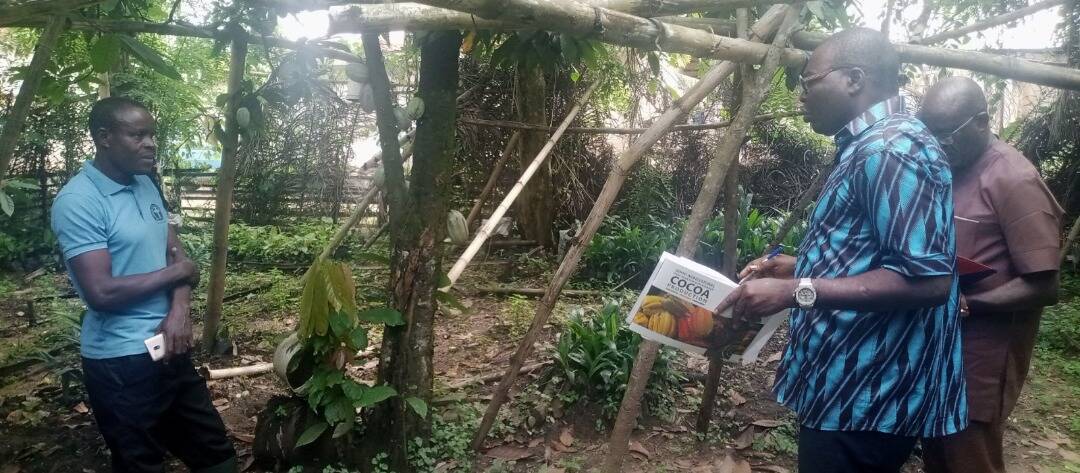The Cocoa Research Institute of Nigeria (CRIN), in collaboration with the Partnership Initiatives in the Niger Delta (PIND), has trained and certified seed nursery operators, selected from the Niger Delta States of Abia, Cross River, Edo, and Ondo, on the best nursery management practices in cocoa production.
The Executive Director, CRIN, Dr. Patrick Adebola, noted during the presentation of the certificate at the institute’s headquarters in Ibadan, Oyo State, that the partnership with PIND will not only allow the beneficiary to service the farmers within their locality, but also serve as contractors to CRIN in filling the gap in times of high demand that the institute can’t meet up with.
The partnership between CRIN and PIND began in April 2002 to encourage the production and distribution of hybrid cocoa seedlings for farmers in the Niger-Delta States. The partnership activities include selection and training. Following the training, PIND supported 14 certified seed entrepreneurs to establish seed nurseries and supply over 100,000 seedlings to farmers across the region.
Stakeholders Advocate for Bridging Production and Consumption Gap for Cocoa
The Advocacy Manager for PIND, Chuks Ofulue, who represented the Executive Director of the initiative, Tunji Idowu, at the event, said PIND began partnering with the sector’s actors and CRIN to address some of the challenges found within the cocoa value chain.
The Director of CRIN’s Cocoa Program, Dr. Abiodun Adedeji, recalled a similar program the Institute ran between 2015 and 2019 where it produced and distributed 601,000 cocoa pods to farmers only to find out that less than 10 percent of those pods were converted to seedlings for expanding cocoa production in Nigeria.
USDA Supports Cocoa Producing States with $22m
“If we had gotten this kind of platform (trained and certified nursery operators), we would have worked with this team to produce seedlings and distribute them to real cocoa farmers, who would have yielded a better result.” Adedeji said



